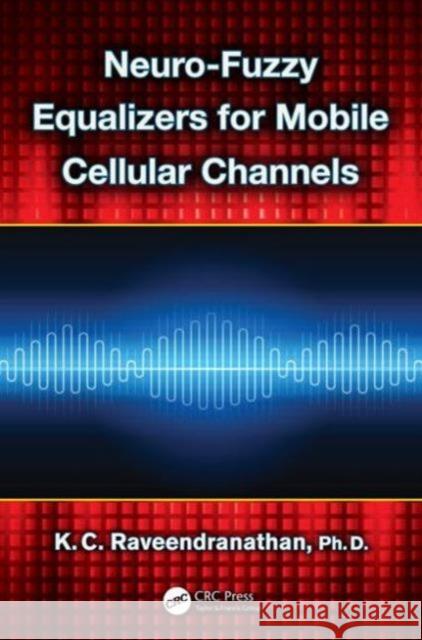Neuro-Fuzzy Equalizers for Mobile Cellular Channels » książka
Neuro-Fuzzy Equalizers for Mobile Cellular Channels
ISBN-13: 9781466581524 / Angielski / Twarda / 2013 / 236 str.
Neuro-Fuzzy Equalizers for Mobile Cellular Channels
ISBN-13: 9781466581524 / Angielski / Twarda / 2013 / 236 str.
(netto: 746,32 VAT: 5%)
Najniższa cena z 30 dni: 730,42
ok. 22 dni roboczych.
Darmowa dostawa!
Equalizers are present in all forms of communication systems. Neuro-Fuzzy Equalizers for Mobile Cellular Channels details the modeling of a mobile broadband communication channel and designing of a neuro-fuzzy adaptive equalizer for it. This book focuses on the concept of the simulation of wireless channel equalizers using the adaptive-network-based fuzzy inference system (ANFIS). The book highlights a study of currently existing equalizers for wireless channels. It discusses several techniques for channel equalization, including the type-2 fuzzy adaptive filter (type-2 FAF), compensatory neuro-fuzzy filter (CNFF), and radial basis function (RBF) neural network. Neuro-Fuzzy Equalizers for Mobile Cellular Channels starts with a brief introduction to channel equalizers, and the nature of mobile cellular channels with regard to the frequency reuse and the resulting CCI. It considers the many channel models available for mobile cellular channels, establishes the mobile indoor channel as a Rayleigh fading channel, presents the channel equalization problem, and focuses on various equalizers for mobile cellular channels. The book discusses conventional equalizers like LE and DFE using a simple LMS algorithm and transversal equalizers. It also covers channel equalization with neural networks and fuzzy logic, and classifies various equalizers. This being a fairly new branch of study, the book considers in detail the concept of fuzzy logic controllers in noise cancellation problems and provides the fundamental concepts of neuro-fuzzy. The final chapter offers a recap and explores venues for further research. This book also establishes a common mathematical framework of the equalizers using the RBF model and develops a mathematical model for ultra-wide band (UWB) channels using the channel co-variance matrix (CCM).
- Introduces the novel concept of the application of adaptive-network-based fuzzy inference system (ANFIS) in the design of wireless channel equalizers
- Provides model ultra-wide band (UWB) channels using channel co-variance matrix
- Offers a formulation of a unified radial basis function (RBF) framework for ANFIS-based and fuzzy adaptive filter (FAF) Type II, as well as compensatory neuro-fuzzy equalizers
- Includes extensive use of MATLAB(r) as the simulation tool in all the above cases











